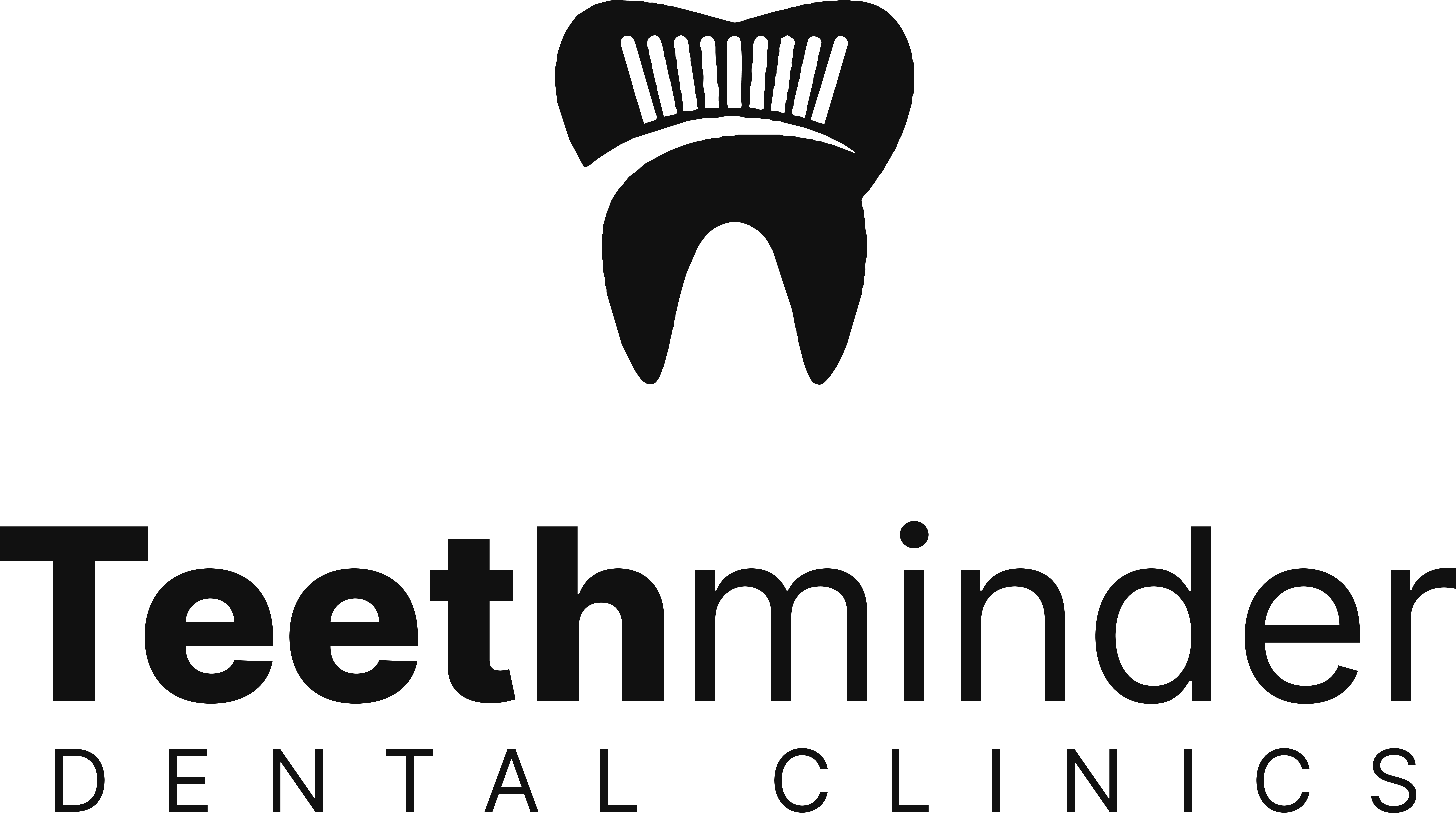
28 Aug Sore Teeth When You Bite? You Might Be Grinding Them: How to Prevent It
Have you noticed that your teeth feel sore or sensitive when you bite down? This discomfort could be a sign that you’re grinding your teeth, a condition known as bruxism. While occasional teeth grinding might not seem like a big deal, over time, it can lead to more serious dental issues, including worn enamel, damaged teeth, and even jaw disorders.
In this blog, we’ll explore what causes teeth grinding, how to recognize it, and most importantly, how to prevent it.
What is Teeth Grinding (Bruxism)?
Teeth grinding, or bruxism, is a condition where you unconsciously clench, grind, or gnash your teeth. It can occur during the day (awake bruxism) or at night while you sleep (sleep bruxism). Many people may not even realize they’re grinding their teeth until they experience symptoms like sore teeth, headaches, or jaw pain.
Common Symptoms of Teeth Grinding:
- Sore or sensitive teeth, especially when biting
- Worn or chipped teeth
- Tight or tired jaw muscles
- Jaw, neck, or face pain
- Headaches, especially in the temples
- Disrupted sleep
What Causes Teeth Grinding?
Several factors can contribute to teeth grinding, including:
- Stress and Anxiety: High levels of stress or anxiety can lead to increased muscle tension, which may manifest as teeth grinding.
- Sleep Disorders: Conditions like sleep apnea can disrupt your sleep and lead to bruxism.
- Misaligned Teeth: If your teeth don’t align properly, it can lead to grinding as your body tries to find a comfortable position.
- Caffeine and Alcohol: Consumption of stimulants like caffeine and alcohol can increase the likelihood of teeth grinding, especially before bed.
- Medications: Some medications, particularly antidepressants, may have bruxism as a side effect.

How to Prevent Teeth Grinding
Preventing teeth grinding involves addressing the underlying causes and protecting your teeth from further damage. Here are some effective strategies:
1. Manage Stress and Anxiety
- Relaxation Techniques: Incorporate relaxation practices such as deep breathing, meditation, or yoga into your daily routine to reduce stress and tension.
- Counseling or Therapy: If stress or anxiety is severe, consider speaking with a therapist who can help you develop coping strategies.
2. Wear a Night Guard
- Custom-Fitted Mouthguard: Your dentist can create a custom-fitted mouthguard to wear at night, which provides a cushion between your teeth and reduces the damage caused by grinding.
- Over-the-Counter Options: If a custom guard isn’t feasible, over-the-counter night guards are available, though they may not be as comfortable or effective.
3. Adjust Your Sleep Environment
- Create a Relaxing Bedtime Routine: Wind down before bed with calming activities like reading or taking a warm bath to help you sleep more peacefully.
- Sleep Position: Try sleeping on your back to reduce pressure on your jaw, which can help prevent grinding.
4. Limit Stimulants
- Reduce Caffeine and Alcohol: Avoid consuming caffeine and alcohol, especially in the evening, as they can increase the likelihood of grinding.
- Monitor Medication: If you suspect your medication is contributing to teeth grinding, talk to your doctor about possible alternatives.
5. Address Dental Issues
- Orthodontic Treatment: If your teeth are misaligned, orthodontic treatments such as braces or clear aligners can help correct the issue and reduce grinding.
- Regular Dental Checkups: Visit your dentist regularly to monitor your dental health and catch any signs of wear or damage early.
6. Jaw Exercises
- Stretch and Strengthen: Perform exercises designed to stretch and strengthen the jaw muscles, which can help reduce tension and prevent grinding.
When to See a Dentist
If you suspect that you’re grinding your teeth or if you’re experiencing symptoms like sore teeth or jaw pain, it’s important to consult with your dentist. They can assess the extent of the grinding and recommend appropriate treatments, such as a night guard or other interventions.
Conclusion
Teeth grinding can be more than just an annoyance—it can lead to significant dental problems if left unchecked. By recognizing the signs early and taking steps to prevent it, you can protect your teeth and maintain a healthy, pain-free smile. Don’t ignore sore teeth or jaw discomfort; take action today to prevent further damage and ensure your dental health for the long term.



No Comments